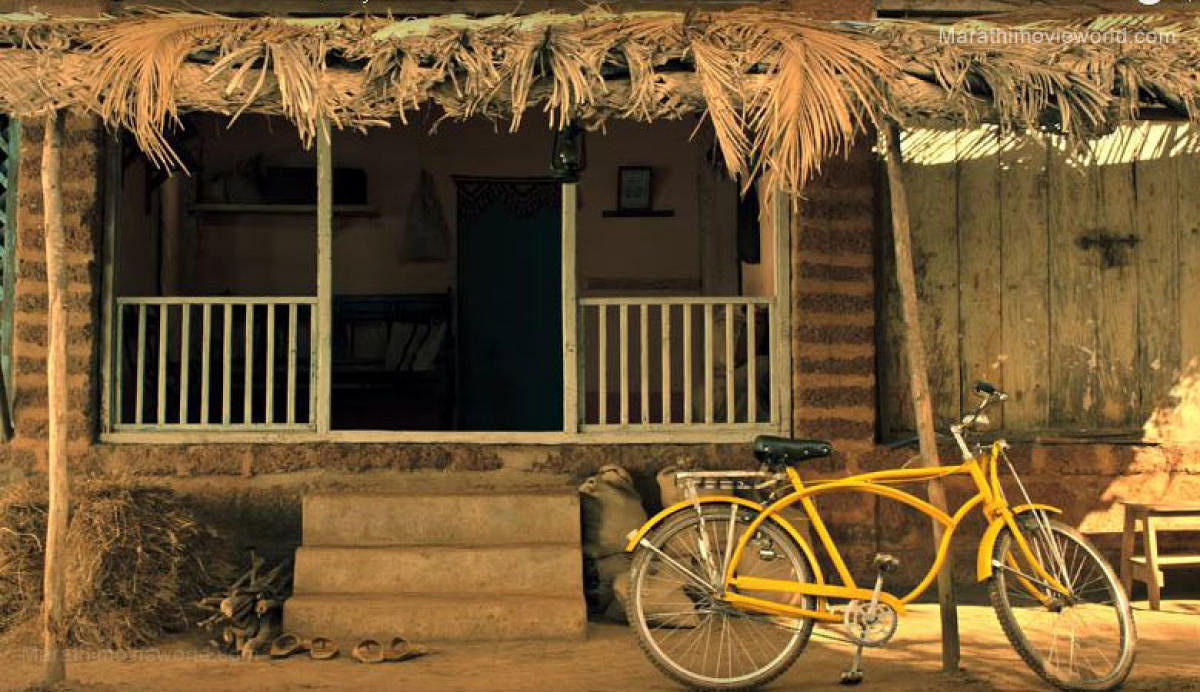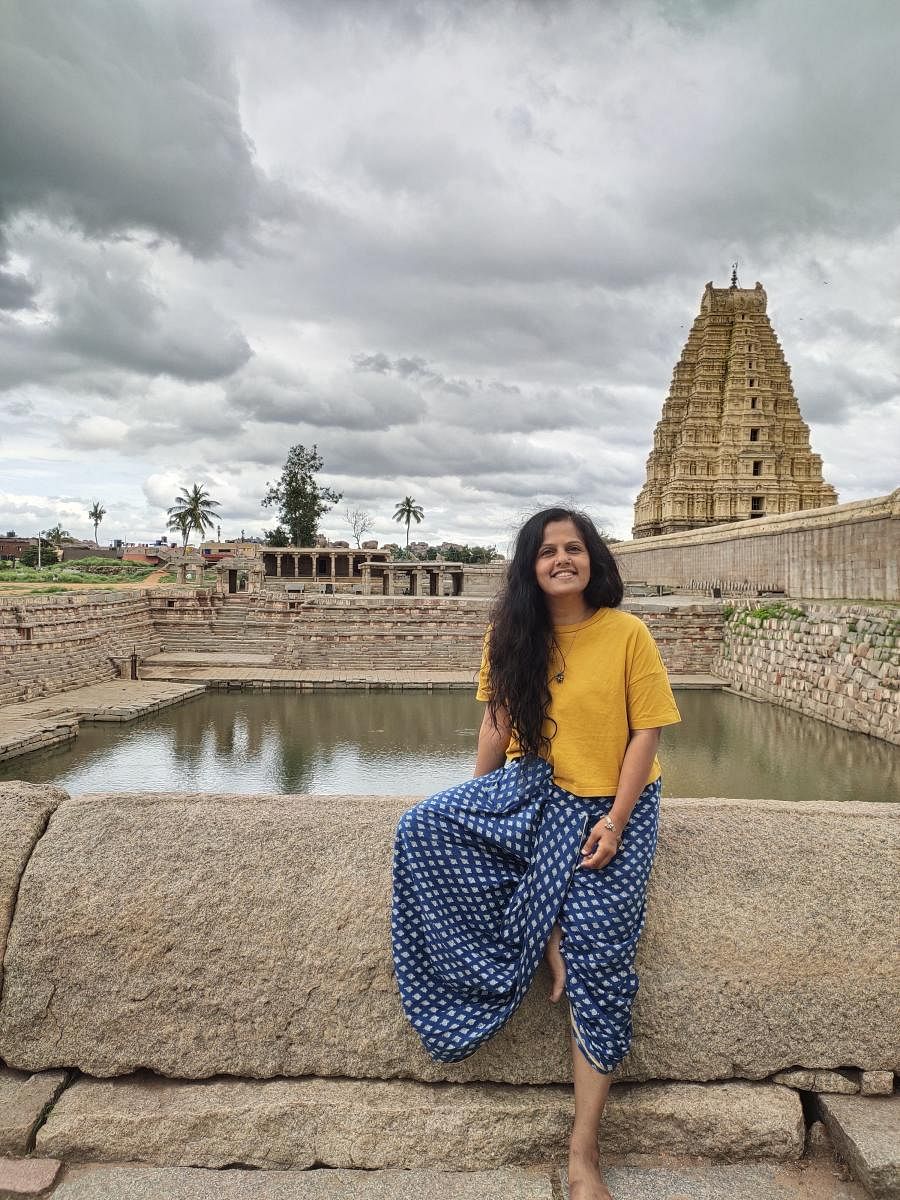
In an industry where writers receive little credit, Aditi Moghe had made a space for herself in the Marathi film industry. That's very clearly seen with her writing in 'Cycle' and 'Hampi'.
In an interview with Showtime, she talks about how she came to write scripts.
Indian cinema is infamous for being made without scripts. How did you get into screenwriting?
For a long time, I was clueless about what I wanted to do. I was conducting research for a period film when I met an assistant director. During a chai session, he mentioned that he was looking for a writer. We thought of developing the story together, till he could get a professional writer on board. But somehow, we bonded and came up with 'Coffee Ani Barach Kahi' (Coffee and More). After hundreds of narrations, and too many rejections, Prakash Kunte decided to produce the film himself.
I learnt the craft by watching films. I used to research and write non-fictional regional shows. It is a good time to be a screenwriter in India. I could not have imagined doing this in the ’90s. For filmmakers and studios who believe in content, writing is the most crucial aspect of cinema. I have been fortunate enough to get the credit I deserve. The money is getting better.
The story of 'Cycle' is so authentic, simple, and beautiful. What inspired the story?
My father has been obsessed with cycles all his life. 'Cycle' is a story about my sweet and wonderfully weird father. The story is set in Konkan. I am familiar with the region and that helped get the details right. To get the production design right, we hired a researcher.
'Hampi' is the story of a young woman on a journey of self-discovery. Tell us how that came about.
'Hampi' is about a cynical protagonist with existential angst who then realises that love is natural to all living beings. And that if we breathe and take some time off, we realise that most of our reactions are loud, dramatic, and unnecessary. Whenever I have left home or my other comfort zones, I have realised there is so much more to life. 'Hampi' was an attempt to express all of that.
What kind of opportunities are you looking for?
I would love to go global, of course. Stories that are universal can be told in any language. I eventually want to work as a creative producer, travel the world and create experiences unrestricted by language and culture. I am currently developing two Hindi projects and two Marathi projects.
